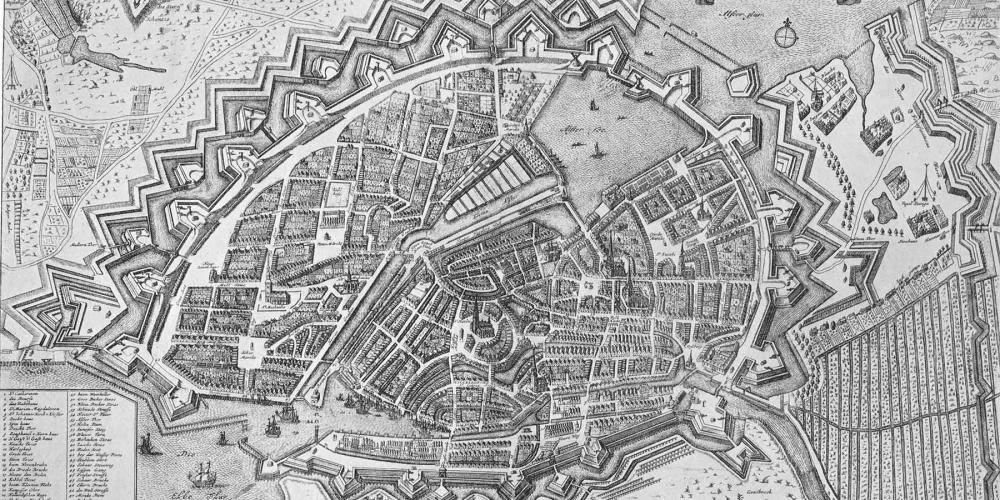
PUblic REnaissance: Urban Cultures of Public Space between Early Modern Europe and the Present (PURE)
The central concept of the project is that of a “Public Renaissance”, by which we intend to examine both the urban cultures of public space in the early modern era, and to set this into dynamic dialogue with the recently invigorated discourse around the agency of public space in shaping contemporary events.
By proposing a cross-chronological enquiry that sets the relatively remote formative period of many European cities into dialogue with the contemporary world, we explore and reveal how the past is inscribed in the material culture of the public spaces we still inhabit, and how these contribute to shaping actions and events in the present. Our project considers the early modern period (c. 1450–1700) in the urbanised heart of Europe, with particular attention to case examples between the Netherlands (Deventer, Leiden, Amsterdam), Germany (Hamburg), Spain (Valencia, Madrid), Italy (Trento, Venice, Bologna, Florence) and England (Exeter and Bristol).
Working with an interdisciplinary team of architectural, social and cultural historians, in collaboration with non-academic partners from the museum/heritage sector, and shaping our research agendas in dialogue with contemporary planners, architects and policy-makers, we will probe the continuities and ruptures that shape urban spaces of the past in relation to contemporary urban interaction. In addition to primary archival research methods, we will work with locative media technologists to create smartphone apps that enable an engagement with histories of place, to propose an innovative place-based research methodology. While historical enquiry is at the heart of the project, through digital tools and interaction with regional city museums, we will communicate the memories and meanings of public space in European cities.
Prof Fabrizio Nevola
Project Leader
University of Exeter
United Kingdom